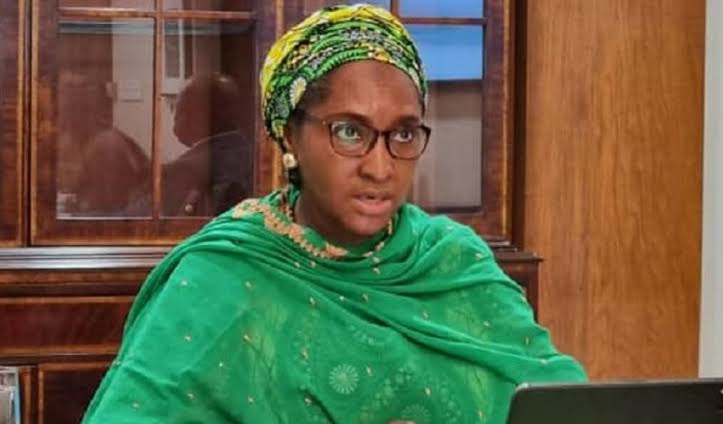The Federal Ministry of Finance, Budget and National Planning said the ministry was not consulted on the new monetary policy announced by the CBN to redesign N200, N500 and N1000 naira notes with effect from Dec 15.
Minister of Finance, Mrs Zainab Ahmed, said this in Abuja on Friday, while responding to questions from Sen. Bamidele Opeyemi (APC-Ekiti) on the impact of the policy at the budget defence session with Senate Committee on Finance.
Opeyemi had decried the spontaneous increase in price of dollar to naira at the parallel market since the policy was announced by the CBN.
He expressed concern on the likely consequences of the policy on the nation’s economy, given the astronomical increase of forex.
Collaborating, Chairman of the Committee, Sen. Solomon Adeola (APC-Lagos), said with the announcement of the policy, dollar had started going up.
He said the consequences of the policy were that price of dollar to the naira was rising, adding that it might rise to N1,000 before December, when the policy would take off.
The minister said she received information on the new policy just as other Nigerians, saying that her ministry, as a fiscal authority, was not part of the process leading to formulation and announcement of the policy.
“We were not consulted, it was an announcement that we heard, it was said that part of the reason advocated was that it was one of the ways to mope up liquidity to manage inflation.
“But there are consequences that we are also looking at, what will the consequences be, there will be some benefits, but there will be some challenges.
“And I don’t know whether the monetary authorities have actually looked very closely as to where the consequences are and how they can be mitigated.
“So I still advise that you have that discussion with the monetary authorities,” she said.
She said it was her opinion, as a Nigerian, not as a fiscal authority, reiterating that as finance ministry and fiscal authority, they were unaware of the policy.
On debt profile of the nation, she said the size of the nation’s debt profile which stood at 23 per cent to the Gross Domestic Product (GDP), was a healthy debt.
She revealed that the debt services were sustainable, adding that what the nation needed was to increase its revenue generation profile.
She said the Nigeria Customs Service (NCS) collections stood at 83 per cent performance of the 2022 budget as at August.
She said with the activation of the excise duties on carbonated drinks and eventual commencement of the use of heavy-duty scanners by customs at the ports, revenue profile would increase towards the end of the year.

















Discussion about this post